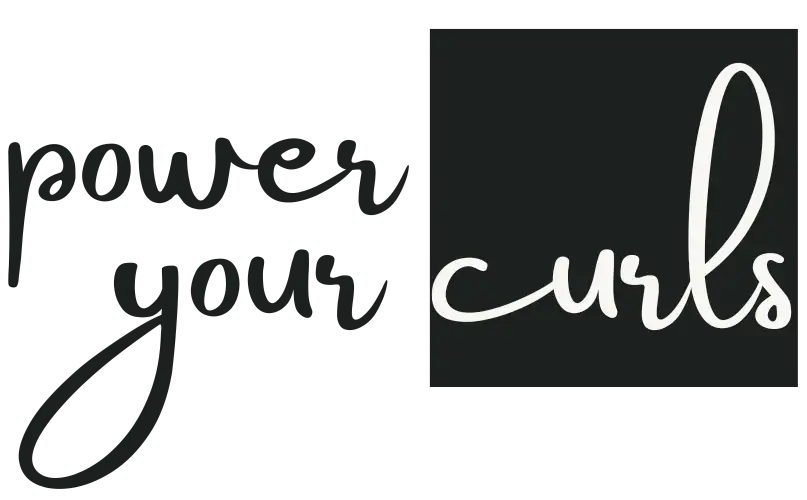A Dubai Electricity & Water Authority (DEWA) sustainability report from 2023 found that 80% of households in the UAE make use of desalinated hard water. While that might sound like a big deal, it can actually be the cause of your hair loss

What is Hard Water?
Have you ever tried washing your hands with soap only to have them feel slimy even after rinsing? Or do you notice that your glassware has become less clear, and even has white staining despite being newly washed? Those are all because of hard water.
Hard water is the result of minerals being absorbed by groundwater as it seeps through rocks and soil. This results in the water containing high amounts of minerals, such as calcium and magnesium, in the form of ions. While hard water is safe to drink despite its distinct metallic taste, some studies have found that it can cause hair damage and even hair loss.
Hard Water in the UAE
As mentioned in the introduction, hard water is found in a majority of households throughout the country. This includes major cities such as Dubai, Abu Dhabi, Sharjah, and Ajman.
Why is hard water so prevalent in the country?
Water in the UAE comes from two main sources:

- Conventional: This includes surface water and groundwater.
- Surface water comprises spring water, some very small streams, ponds, floodwater, and water stored in dams. These are refilled by rainfall or groundwater and can be either contained or flowing where there are land slopes.
- Groundwater is the primary natural water supply. Although groundwater has a substantial total volume of about 640 billion cubic meters (BCM), only about 3 percent of it is fresh (20 BCM). It is a valuable and significant resource but is often brackish.

- Non-conventional: This includes desalinated water, treated wastewater and cloud seeding.
- Desalinated water. Domestic water supplies mostly utilize desalinated water (almost 99%), either directly or in combination with groundwater, to meet the qualitative and quantitative requirements for drinking water standards.
- Treated wastewater is utilized mostly for urban operations like highway landscaping and garden irrigation. Municipalities are in charge of constructing and maintaining sewage systems, setting up networks for collecting storm water, and recycling wastewater that has been treated.
- Cloud seeding is typically conducted over the eastern mountain ranges on the border of Oman with the goal of raising the levels of local reservoirs and aquifers. Even though this method demonstrated its ability to increase precipitation, a thorough cost-benefit analysis must be conducted to make sure it is a practical water source when compared to alternatives like desalination or even water conservation initiatives.
Climate and hard water
Another factor that can contribute to the prevalence of hard water is climate. The UAE can reach temperatures ranging from 32°C (92.3 °F) to 37.2°C (98.96 °F) in the summer seasons of June to September. During this period, water levels can drop because of evaporation and increase the concentrations of minerals like calcium and magnesium in the water supply.
Hard Water and Hair Loss

Due to how common hard water has become in households, not just in the UAE, the interest in its effects on skin and hair has increased. This interest birthed a number of research papers that sought to figure out if there was a connection between hard water and damaged hair.
An article published by The International Journal of Trichology found that there was a significant decrease in hair strength when it was exposed to hard water, when compared to just the baseline hair strength. This increased the likelihood of hair breakage.
Moreover, hard water’s texture prevents products such as soaps and shampoos from lathering properly. This can lead to people using more products in an attempt to clean the skin and scalp when the opposite is true. Using more product can actually strip the scalp of natural oils and cause hair to become dry, dull, and brittle.
So What Can We Do?
If you’ve been using hard water to wash your hair, chances are that your locks have already been damaged. Don’t worry though, because there are ways to reverse the damage and prevent it in the future.

Get a Water Softener Showerhead
A water softener utilizes specialized materials to trap or alter the minerals that create hard water. Most softener showerheads include filters and chemical modifications. Some use ion exchange, which converts hard minerals into softer ones. Others employ KDF-55 or calcium sulfite to remove chlorine and heavy metals. These materials improve the quality of your water. When you utilize a water softener showerhead, your water becomes cleaner for daily usage.
Use a Hair Mask
A hair mask can assist with dryness and weakening caused by high mineral content in your water. A good hair mask acts as a relieving remedy for hair that has gotten dry and brittle due to exposure to hard water, replenishing moisture that has been stripped away by harsh minerals. When selecting a mask, look for ingredients such as shea butter, argan oil, avocado oil, or honey all of which are available in our shop, and are known for their deep conditioning and hydration benefits
Use a Clarifying Shampoo
A clarifying shampoo can significantly reduce the effects of hard water on hair. Clarifying shampoos are a refreshing remedy for hair that has been weighed down by hard water buildup, providing a thorough cleaning to remove stubborn mineral deposits. Natural components like tea tree oil offer a cooling touch while boosting the cleansing power.
Want to learn more about hair loss? Then read our article “Combat Hair Loss During Autumn: Why Now?” or learn more from our blog here.
Disclaimer
Power Your Curls Pty Ltd. and all of its content are for informational purposes only. All information is believed to be accurate at the time of posting and should NOT be taken as professional medical advice. Please seek a medical professional in the event of pain or injury.
